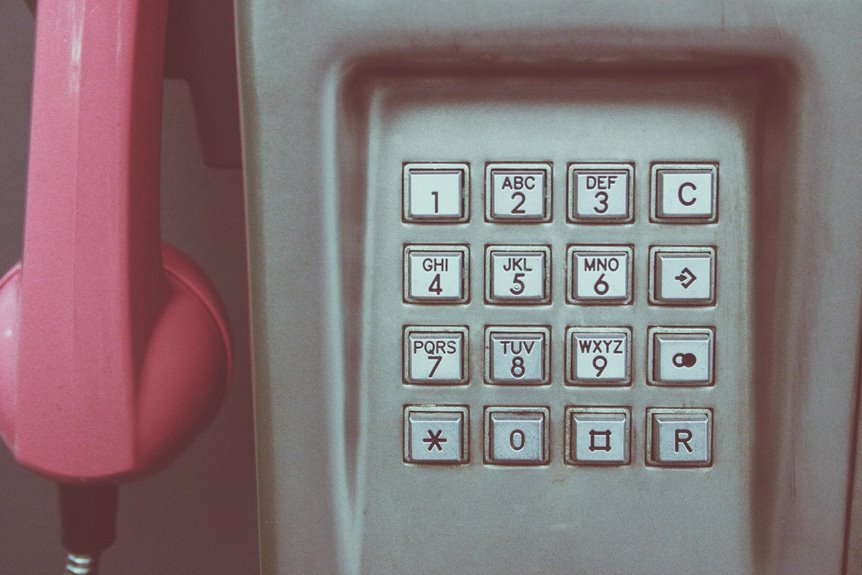Who Called Me? 8337823729, 5186761887, 8776152228, 7147821698, 8134882985, 4055886046
Numerous individuals have reported receiving calls from various numbers such as 8337823729, 5186761887, and others. These calls often raise concerns about their legitimacy. Many of these numbers are associated with telemarketers or potential scammers, prompting the need for thorough investigation. Understanding the origins and purposes of these calls is crucial for protecting personal information. The next steps in addressing these unknown callers are essential for maintaining privacy and security.
Understanding the Purpose of Each Number
In the realm of telecommunications, understanding the purpose of each phone number is crucial for effective communication and information management.
Analyzing caller origins enables individuals to identify the source of incoming calls, while recognizing telemarketing patterns helps to differentiate legitimate communications from intrusive solicitations.
This knowledge empowers users to manage their interactions, fostering autonomy and enhancing personal control over their communication landscape.
Identifying Potential Scams and Spam
How can individuals effectively discern the difference between legitimate calls and potential scams?
Effective scam detection relies on recognizing common signs such as unsolicited requests for personal information or pressure tactics.
Spam awareness is crucial; individuals should remain vigilant about unfamiliar numbers and report suspicious calls.
Utilizing caller ID and reverse lookup services can further aid in distinguishing between genuine contacts and fraudulent attempts.
Steps to Take When Receiving Unknown Calls
When an individual receives an unknown call, it is essential to approach the situation with caution and a strategic mindset.
First, consider blocking unknown numbers to prevent future disturbances. If the call appears fraudulent or spammy, promptly report it to relevant authorities or mobile carriers.
This proactive approach not only protects personal privacy but also contributes to broader efforts in combating unwanted communications.
Conclusion
In conclusion, the numbers 8337823729, 5186761887, 8776152228, 7147821698, 8134882985, and 4055886046 warrant careful scrutiny due to their potential ties to telemarketing and scams. According to the Federal Trade Commission, over 60 billion robocalls were made in the U.S. in 2019 alone, highlighting the prevalence of such unsolicited communications. Staying informed and proactive about unknown calls is essential in safeguarding personal information and maintaining privacy in an increasingly connected world.






